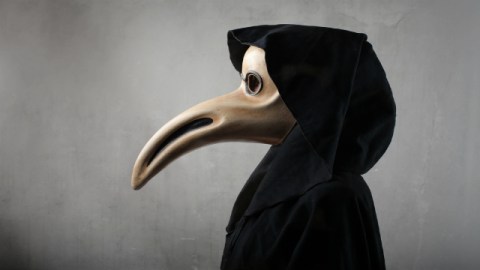Who Are You on Twitter?

Not long ago one of the writers I follow on Twitter posted something like this: “My apologies for the totally un-clever nature of this tweet, but does anyone have a great suggestion for dinner in Omaha?”
Now, I too have known the anxiety of not living up to Twitter’s community standards of pithiness. Hell, it’s built into the architecture – if you attempt to tweet something longer than 140 characters, Twitter’s website will tell you that you’re just not being clever enough.
This is only hearsay, so don’t quote me on it, but a colleague tells me that a recent study of the parent-terrifying phenomenon of “sexting” found that while some shockingly high number of teens had sexted at least once, an equally high percentage of them had decided it was a complete turnoff and never to do it again. We know about teens and peer pressure, but something new is happening when technology inspires people of any age to experiment with sending naked pictures of themselves out into cyberspace – something it turns out most of them don’t actually enjoy doing. And while most adults aren’t semi-consciously sexting each other, I’m not sure we’re any less concerned, at least on Twitter, with what the cool kids are doing.
Admittedly there’s a lot of variation out there (on Twitter): Straightforward messages from the Dalai Lama about compassion, Teju Cole’s haiku-like tweets about horrific events around the world, and Baratunde Thurston’s brilliant “I am the swine flu” twitter experiment. Also promising is a social networking site called “cowbird,” which aims to reverse four things occurring on the Internet.
The site encourages thoughtful storytelling with photos, film and audio elements.
But the aforementioned self-conscious tweet does raise the question: what exactly are we doing, and who exactly are trying to be on social networks, and why? It’s old news at this point that Facebook and Twitter stir up the old ghosts of junior high school – the popularity contests, the casual disses – but nonetheless people and businesses seem to be increasingly invested in these networks, and it’s not clear that collectively we’re getting any less self-conscious, or more grown up about how we use them.
Follow Jason Gots (@jgots) on Twitter (but don’t expect too much blistering pithiness).





